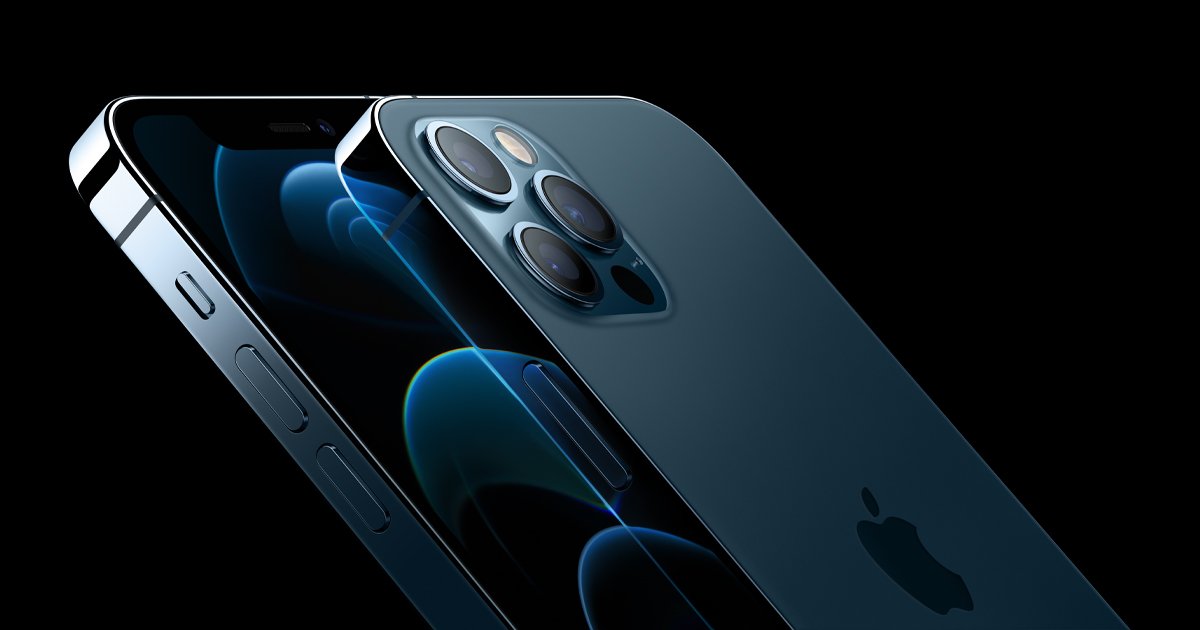The conflict between the iPhone and Android is about to heat up—possibly to a level never before seen. Additionally, if you use a premium Samsung device, a recent remark unexpectedly made by Apple should encourage you to consider switching.
This week, in a galaxy far, far away, Apple made a major announcement that will greatly affect the approaching battle between its iPhone and Android rivals, primarily Samsung, at the high end of the market.
Apple claimed that some businesses “regularly scan personal information in the cloud to monetize their users’ information.” Apple doesn’t. We’ve taken a completely different route, one that puts our users’ security and privacy first.
The claim was made in Australia, another country considering imposing a monitoring mandate on internet service providers to identify inappropriate activity within its user population.
The nation’s eSafety plans, which aim to prevent child sexual abuse and terrorism/radicalization, seem to contradict one another by protecting user privacy and security while actively tracking user content (in some capacity).
Apple said in a statement obtained by The Guardian that “scanning every user’s privately stored iCloud data would pose serious security and privacy problems.” “Bulk surveillance of communications and storage systems is made possible by scanning for specific content.
There are two noteworthy aspects to this statement. Apple is drawing attention to the risk that technology suppliers lose their main line of defense against scope creep when they technically violate the security of end-to-end encryption. To put it simply, political dissent and sexual liberty follow CSAM or radicalization.
Apple issued a warning, saying that “tools of mass surveillance have widespread negative implications for freedom of opinion and expression and, by extension, democracy as a whole.” For instance, there is a real risk that knowledge of the possibility that the government could order a provider to monitor user behavior could stifle acceptable political, expressive, and associational freedoms as well as economic activities.
This is noteworthy since, in 2021, I and others made the same point when Apple suggested device-side scanning for CSAM: “At the insistence of the governments where Apple sells its devices, Apple will be pressed into expanding its CSAM screening to look for other content.” Such demands have previously been denied by Apple because they are technically impractical. That has, however, abruptly changed.
Apple eventually changed its mind and abandoned its plans for device-side scanning because of the intense criticism that its intentions were so un-Apple.
Taking aside the irony of this much-needed retreat, Apple’s most recent privacy affirmation is noteworthy because it will soon become a major differentiation in the ecosystem between Apple and Google: private on-device processing versus open cloud processing. That implies a device-based competition between Apple and Samsung.
Google checks other stuff, including images saved in its cloud, for CSAM and other materials. For further categories of user data classification, it also leverages the cloud. As Gemini is being rolled out throughout Google’s ecosystem, along with several alerts informing users that their work will probably be saved in the cloud and might be reviewed by humans, this is also generating news right now.
This is not what Apple wants to do. Its strategy is to operate AI on its devices, within the applicable end-to-end encryption bubble, and to keep itself from accessing any content that is saved on the cloud. Although this is far more difficult than the economies of scale associated with cloud processing, Apple runs the theory if it can.
Apple seems to be comparing the effectiveness of device-side generative AI against top cloud-side options, as I revealed last month. We thus have a coming parallel universe wherein Google pushes its alternative, centered around privacy alerts and advice notifications over what data is utilized and kept online, and iOS pushes its inevitable generative AI based around device privacy and security.
Samsung is making a lot of noise about the Galaxy one day into the yearly Mobile World Congress in Barcelona, and it’s all about AI. The business released a statement saying, “The era of mobile AI has come, and early adopters are already riding the waves of the latest innovation.”
Through a “try before you buy” app, Samsung has been promoting Galaxy smartphones to iPhone customers for a long time. It is now making that available to Android users. “Samsung has made major updates to the Try Galaxy app to spark the conversation and enable those who are still undecided to experience Galaxy AI without switching phones.”
On the first day of MWC, however, the major news was the official launch of Gemini on Google Messages. The business said that “Gemini in Google Messages is being released gradually and only to Google Messages beta testers for now.” Nevertheless, “you can chat with Gemini in the Google Messages app to draft messages, brainstorm ideas, plan events, or simply have a fun conversation.”
But for Samsung, this resolves the conflict. Samsung has described Galaxy AI as a “hybrid approach” between device and cloud AI, and it is free to promote the technology as much as it wants. But in the end, they are Android gadgets, and given Google’s greater AI capabilities, its ecosystem control and AI will prevail.
Thus, Google’s problems turn become Samsung’s problems, and the Apple vs. Google argument never ends.
From a gadget standpoint, there has never been a closer comparison between iPhones and their Samsung counterparts in terms of functionality, features, and performance, in my opinion. However, a previously unseen degree of differentiation will be brought forth by the AI tidal wave. Furthermore, if you intend to spend $1000 to $2000 on a smartphone, I would need complete privacy features.
Outside of my encrypted cocoon, I would not want an ecosystem that might mistakenly identify content or provide a danger of cloud-side data intrusions. I would like to know exactly what the underlying principles are about the sovereignty and protection of my content. Furthermore, a non-compromising technological assurance is what I would prefer.Furthermore, Android security upgrades are similarly disorganized as Apple’s, and there are far more hazardous malware attacks (some of which have specifically targeted Samsung devices).
Therefore, in 2024, the case for iPhones at the high end of the market is stronger than ever, even with Google’s AI head start and rapid release of AI features, as generative AI strives to permanently alter our smartphones. Perhaps this helps to explain why all seven of the most well-liked high-end gadgets from the previous year were iPhones.


 Health5 years ago
Health5 years ago
 Health4 years ago
Health4 years ago
 Health4 years ago
Health4 years ago
 Fashion5 years ago
Fashion5 years ago
 Fashion4 years ago
Fashion4 years ago
 Fashion9 years ago
Fashion9 years ago
 Health5 years ago
Health5 years ago
 Health4 years ago
Health4 years ago
 Health5 years ago
Health5 years ago
 Health4 years ago
Health4 years ago











